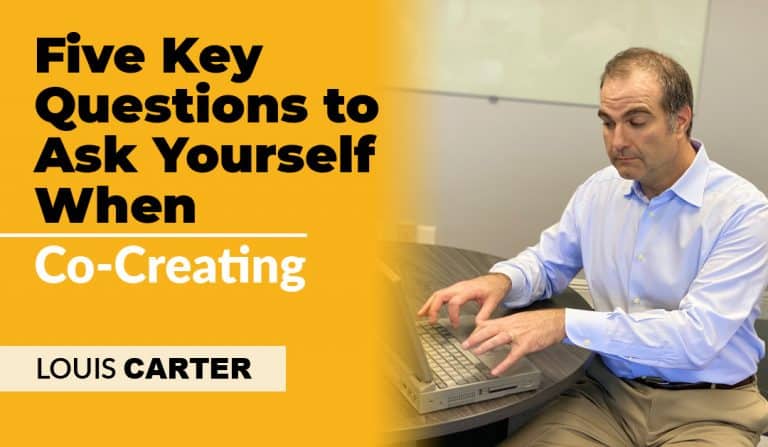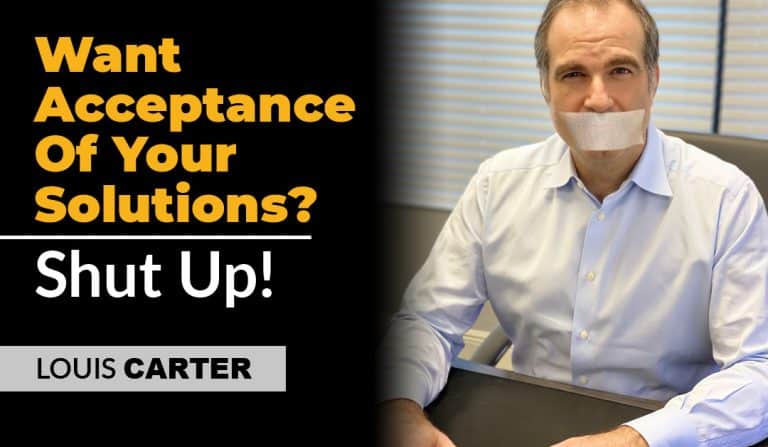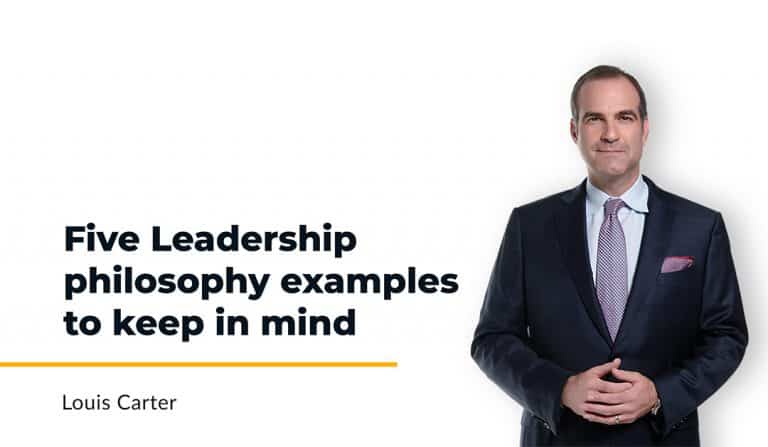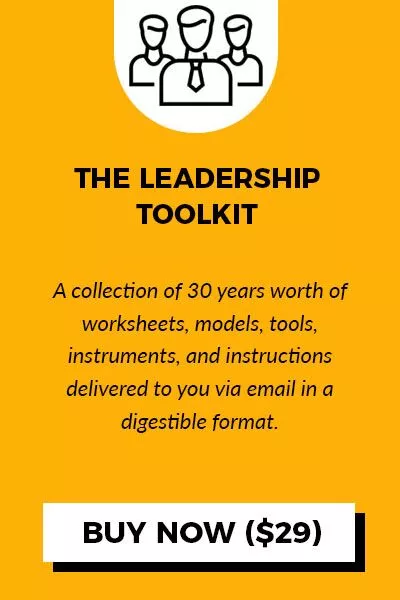Effective communication is a cornerstone of human interaction, particularly if you want to live and work in a high-performing company where employees love to do their best work. However, many leaders, or, for that matter, employees at all levels (especially the inexperienced ones), focus solely on making a business case for their opinions and ideas rather than fully understanding others. In this article, we will explore the importance of fully understanding before seeking to be understood, backed by research and supported by reasons why this approach is more constructive. Additionally, we will provide the necessary instructions on implementing this principle in your communication strategies.
What Does It Mean to Truly Understand Someone?
Understanding goes beyond hearing words. It involves grasping context, intention, and emotion. It means pausing your own agenda. It means resisting the urge to respond until you’ve fully listened. When you truly understand someone, you interpret both what they’re saying and why they’re saying it. This level of comprehension builds trust and opens the door to deeper dialogue.
For example, if a colleague says they’re worried about a project timeline, you can respond in two ways: (a) dismiss the concern and push your plan, or (b) ask what specifically is worrying them. The second approach demonstrates understanding. It shows you value their experience and input.
Why Understanding Before Being Understood Works
Stephen Covey’s principle, “Seek first to understand, then to be understood,” is backed by decades of observations in leadership and human behavior. Teams perform better. Decisions are smarter. Relationships grow stronger. Below are some clear reasons why this principle works:
When people feel understood, they feel safe. They drop their guard, stop performing, and start connecting. Cognitive science shows that active listening lowers stress and increases “trust hormones” like oxytocin. When trust rises, people collaborate more, speak honestly, and experiment freely.
Understanding others also uncovers blind spots. Each person sees only a portion of the challenge. Hearing multiple viewpoints reveals broader context. You can design better solutions when you integrate diverse perspectives. This also prevents groupthink and reinforces psychological safety.

- Research supporting the importance of understanding: Numerous studies have highlighted the significance of understanding before seeking to be understood. Research by Dr. Stephen R. Covey, author of “The 7 Habits of Highly Effective People,” emphasizes the principle of empathic communication, which involves active listening, seeking to understand the perspectives of others, and demonstrating empathy. Studies have shown that empathic communication fosters trust strengthens relationships, and leads to more successful outcomes in various professional contexts.
- Why making business cases for your opinion can be destructive:
Become a Most Loved Workplace®
Get certified and join the ranks of the world’s most respected workplaces. Build a culture your team will love.
Get Certified Now
A Limited Perspective. We need to understand others’ viewpoints to see the bigger picture. By solely advocating for our ideas, we may overlook valuable insights and alternative solutions others can offer.
b. Lack of Collaboration: When we approach discussions solely intending to present our business case, we inadvertently discourage collaboration. Collaboration thrives when individuals feel heard and valued, fostering an environment that encourages diverse perspectives and collective problem-solving.
c. Missed Opportunities for Learning: By actively seeking to understand others, we open ourselves to new ideas and perspectives. It enables us to learn from different experiences, challenge our assumptions, and broaden our knowledge base.
- Key instruction points for practicing understanding: a. Active Listening: Engage in active listening by focusing on the speaker, maintaining eye contact, and genuinely seeking to comprehend their viewpoint. Avoid interrupting or formulating responses prematurely.
b. Empathy and Perspective-taking: Put yourself in the other person’s shoes. Seek to understand their emotions, motivations, and underlying concerns. This empathic approach allows for more meaningful connections and facilitates effective problem-solving.
c. Ask Clarifying Questions: When someone expresses an opinion or idea, ask open-ended questions to gain a deeper understanding. Encourage them to elaborate and provide additional context, ensuring you fully grasp their perspective.
d. Reflect and Summarize: Demonstrate your understanding by reflecting on what you have heard. Summarize the key points to ensure accuracy and show that you value their input.
e. Find Common Ground: Look for shared interests or goals, even if you initially disagree on specific aspects. Building on common ground establishes a foundation for effective collaboration and constructive dialogue.
The Pitfall of Leading with Your Own Agenda
In many workplaces, passion and performance drive people to push their ideas early in a conversation. That approach often backfires in three important ways:
1. You ignore critical input.
When you shape the conversation around your idea, others may refrain from speaking up. Their feedback might never surface. You lose valuable ground-level insight.
2. You stifle trust.
People sense when you’re crafting a rebuttal instead of listening. They interpret your silence as waiting to argue, not waiting to learn. This feel triggers defensiveness and reduces openness.
3. You miss learning.
Even if you’re right, new ideas can improve your proposal. But if you’ve already committed to a narrative, you may never notice these enhancements. Curiosity and humility become casualties of certainty.
How to Practice the Power of Understanding
Knowing the value of understanding is one thing. Practicing it under pressure is another. Here’s how to put this principle into action in your daily conversations:
Stop Listening to Reply
When someone speaks, don’t line up your response. Focus entirely on their words, tone, and body language. Let silence hang. That silence often invites more clarity. If you’re unsure, say: “Help me understand more about that.” That sentence itself models humility.
Show Empathy
Empathy isn’t weakness—it’s emotional intelligence. Try to see the situation through their lens. What worries them? What motivates them? What past experiences might influence their view? Simple phrases like, “I can sense this means a lot to you,” go far in making others feel respected.
Ask Clarifying Questions
Rather than challenge ideas, ask open-ended questions that invite elaboration. Try: “What outcome do you hope for?” “What assumptions shaped your thinking?” or “Tell me what led you to that conclusion.” Each question invites depth and nuance.
Reflect Back What You Hear
After someone shares, restate what you understood: “What I heard is that meeting internally on Friday is urgent because of supply risks. Is that right?” This small step shows you were listening and checks your understanding. It builds a bridge to your response rather than pushing it.
Anchor at Common Goals
You don’t need to agree on every detail. Find shared values, even small ones: quality, timeline, fairness, or innovation. Anchor your follow-up conversation at those shared commitments. That approach keeps the dialogue collaborative, not combative.
Real-Life Impact When Leaders Model Understanding
Case: Project Reboot in a Technology Team
A product manager faced backlash after rolling out a new feature without user input. The release triggered confusion and frustration among users. Within the team, feedback was tense and defensive.
Instead of pushing deadlines, the manager organized listening sessions. She asked frontline team members what users said, which problems came up most often, and what her team would do differently. She reflected back key points and acknowledged mistakes. Over two weeks, her transparent listening led to a feature rollback, redesign, and stronger team cohesion. Morale improved, and the next launch was smoother—with over 50% fewer support tickets.
Case: Improved Feedback Culture
In another case, a mid-level manager struggled to get honest feedback. People were polite in reviews but guarded in meetings. She began every session with: “Help me understand your perspective before I explain mine.” Team members realized she wasn’t defensive but curious. Regular sessions turned into open conversations. Feedback became constructive instead of confrontational. Decisions improved. So did performance.
Common Mistakes in Practicing Understanding
Despite good intentions, understanding can fail if done poorly. Here are common pitfalls and how to avoid them:
- Listening superficially. You hear words but don’t engage emotionally. Avoid scanning while counting your reply points.
- Interrupting with assumptions. Avoid jumping in with your take before they finish. Let them finish their full thought.
- Using empathy as judgment. Phrases like “I know how you feel” can shut down honesty if the listener feels misunderstood.
- Reflecting poorly. If your summary is inaccurate or dismissive, it erodes trust. Ask, “Did I understand your point correctly?”
- Skipping shared goal-finding. Teams that go straight into debate without anchoring on shared priorities often derail into unresolved conflict.
Understanding Yourself Is Part of the Equation
You can’t truly understand others if you don’t understand yourself. Self-awareness is the foundation. Start by asking:
- What triggers my defensiveness?
- What values do I default to under stress?
- How do I behave when I’m uncertain?
When you know your default reactions—silence, defensiveness, quick action—you can slow down before responding. Transparency about your own triggers invites others to support and understand you as well.
Benefits of Understanding for You and Others
For Individuals
Feeling understood reduces stress, increases engagement, and lowers resistance. When team members feel heard, they feel ownership. They bring more ideas and stay committed to shared outcomes.
For Teams
Understanding reduces conflict, speeds alignment, and improves decision quality. Teams that practice empathic communication outperform others in trust surveys by wide margins. Their creativity thrives because people feel safe speaking up.
For Organizations
Understanding-first cultures attract retention, innovation, and collaboration. Organizations that emphasize empathy and listening see greater agility in change, faster problem-solving, and healthier workplace morale.
Conclusion
In a world where effective communication is vital for success, understanding others before seeking to be understood holds immense value. By embracing this principle, we can foster stronger relationships, encourage collaboration, and harness the collective wisdom of diverse perspectives. Let us strive to become active listeners, practice empathy, and embrace the power of understanding in our professional interactions. Remember, by seeking to understand, we create an environment where ideas flourish and achieve emotional connection and an organizational culture where employees love to do their best work and prove it.






